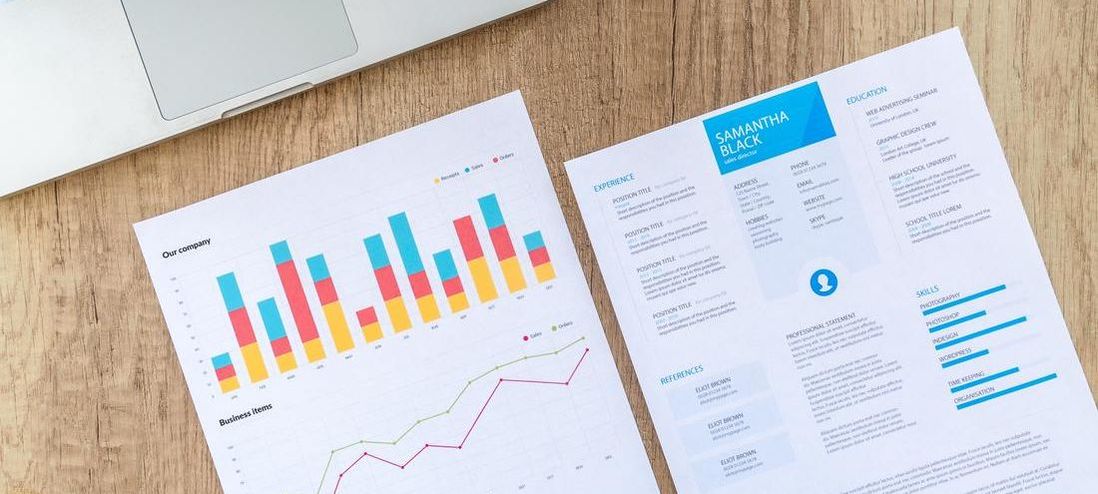|
Whether you’re writing your very first CV and cover letter, or working from an old one that’s full of ‘hobbies’ you’ve only ever done once, or questionable ‘work experience’, you’re now at an age where having a strong CV and cover letter is extremely important. After all, who doesn’t want to earn some extra cash or, most importantly, get experience that’s going to impress companies when you leave school or graduate. Nearly all employers require a CV and cover letter as part of the application process. So, it’s important that you understand the basics of drafting them. To help you out, we’ve pulled together our advice on how to write a CV and cover letter. Writing a CV Your CV needs to give a clear overview of you are, what you’ve achieved and what you can bring to the job you’re applying for. While, understandably, you won’t have much experience, this doesn’t necessarily mean you don’t have anything to talk about. Quite the opposite, actually! Opening your CV There’s some simple rules to follow when writing your CV. A basic CV will open with a personal profile, where you can introduce yourself to the reader. This shouldn’t be longer than four lines and should explain who you are, what you’re currently doing and what you’re looking for in a job. Highlighting your skills While a traditional CV may go straight into experience, as a student you can follow your profile with a ‘key skills and achievements’ section. Here, you can improve your chances of being shortlisted by shouting about any great exam results you’ve achieved, extra-curricular activities you’ve been involved in or skills that you’ve learnt during your studies. Explaining your education After this, you can go into more detail on your studies and grades achieved within an ‘Education’ section. You may also choose to include any school or university clubs/societies you’ve been involved in. Talking about experience If you do have any relevant experience, you can then include this in a ‘Work experience’ section towards the end of your CV. Outline what the job involved and any responsibilities you had during your time there. Even if the role doesn’t directly match up with the types of jobs you’re applying to, try to highlight any transferable skills such as team work, communication and organisation. For example, a babysitting job may have taught you about communication, while a newspaper round will have required you to be organised. Closing your CV You should end your CV by stating ‘References available upon request’. Never include your referee’s details on your CV, but make it clear that they are available if needed. This could be anyone from a teacher, to a previous employer If in doubt, check out some CV templates online for inspiration. Writing a cover letter Alongside your CV, a well-written cover letter can help to set yourself apart from the competition. This is a document that you send with your CV and should be written with the job you’re applying for in mind. Structuring your letter As a starting point, it’s important to put together a basic version of your cover, which you can then edit for each role you apply to. It should cover:
Tailoring your letter When tailoring your cover letter to the job, you need to consider the following:
Ready to write your CV and cover letter? While it might feel like a tedious task, writing your CV and cover letter is actually easier than you think. So set some time aside to get them right and you’ll be able to start searching for jobs in no time at all. AuthorAugusta Henning is from CV Library, one of the UK's favourite job boards, providing vacancy advertisements for employers and job seekers allowing you to search for jobs and courses by uploading your CV.
0 Comments
Your comment will be posted after it is approved.
Leave a Reply. |
This section will not be visible in live published website. Below are your current settings: Current Number Of Columns are = 1 Expand Posts Area = Gap/Space Between Posts = 15px Blog Post Style = card Use of custom card colors instead of default colors = Blog Post Card Background Color = current color Blog Post Card Shadow Color = current color Blog Post Card Border Color = current color Publish the website and visit your blog page to see the results Categories
All
We're always interested to hear from talented young writers, so if you'd like to feature as a guest author then hit us up for more details.
|
Student blog: What's new?
Author
Write something about yourself. No need to be fancy, just an overview.
This website uses marketing and tracking technologies. Opting out of this will opt you out of all cookies, except for those needed to run the website. Note that some products may not work as well without tracking cookies.
Opt Out of Cookies

 RSS Feed
RSS Feed